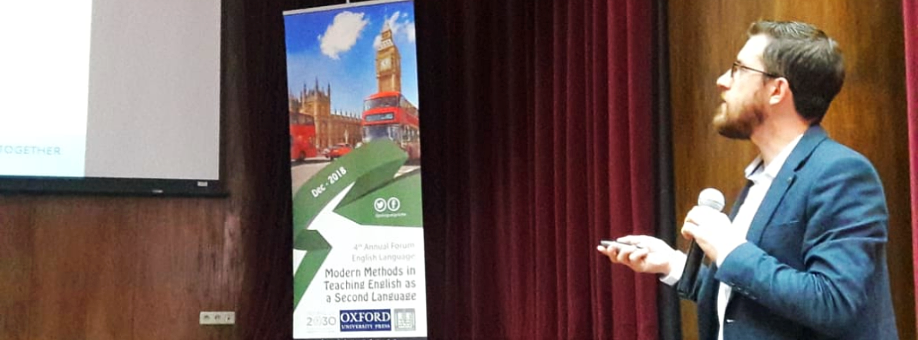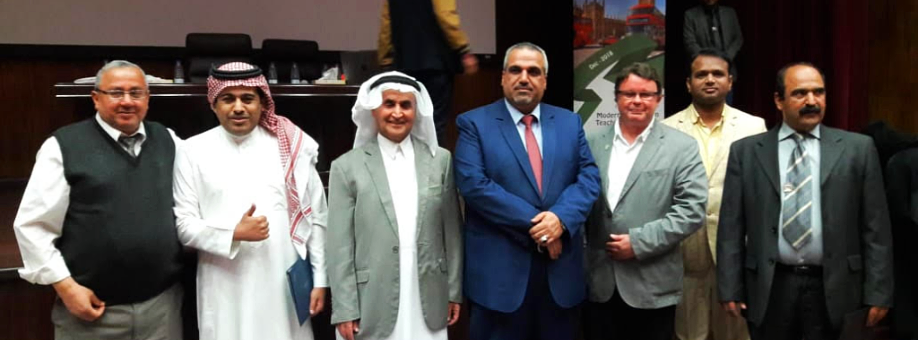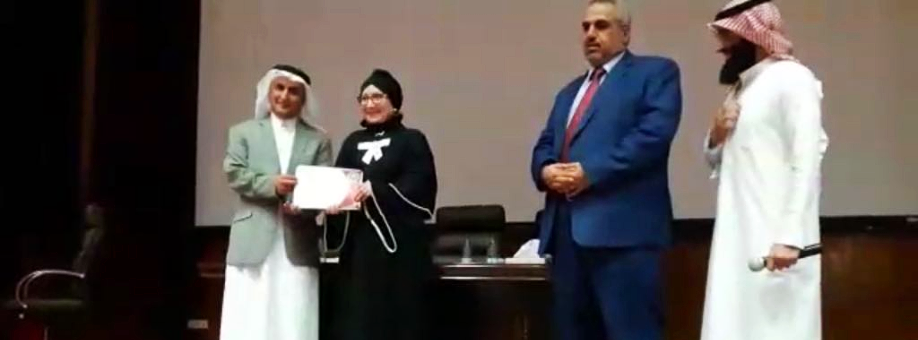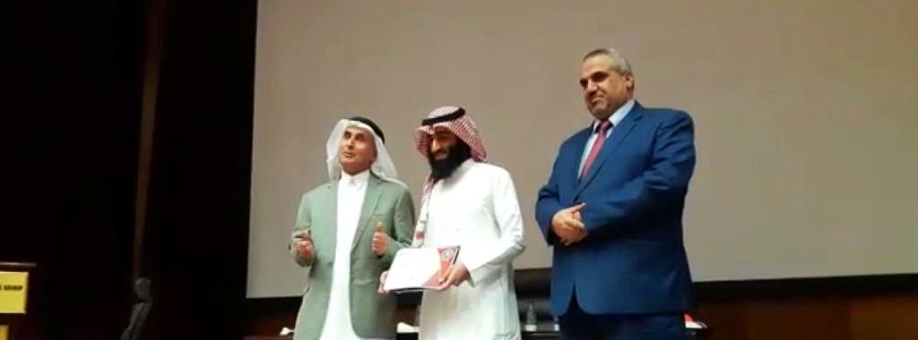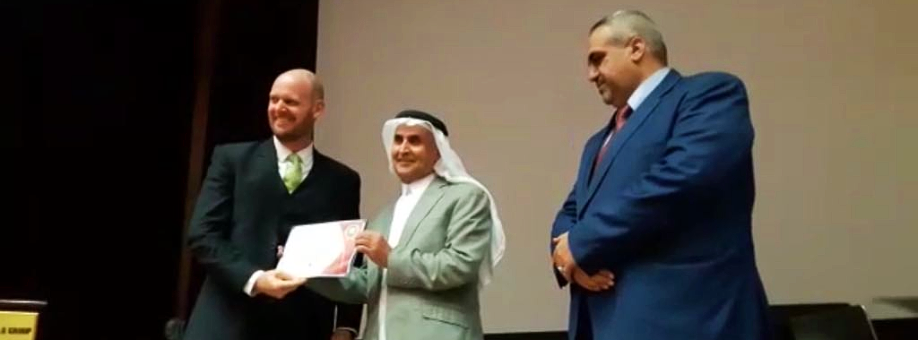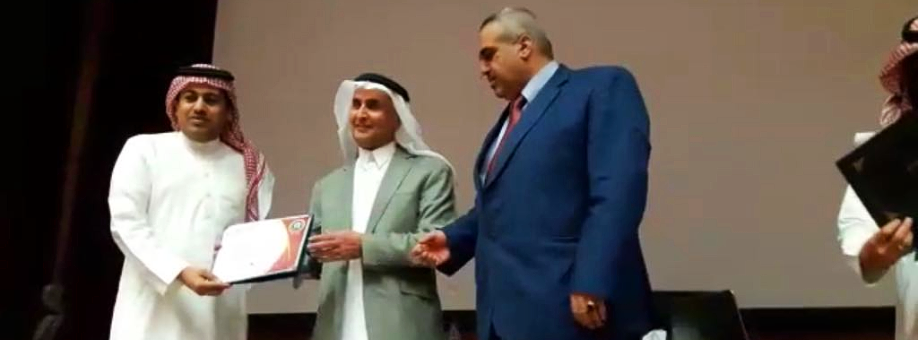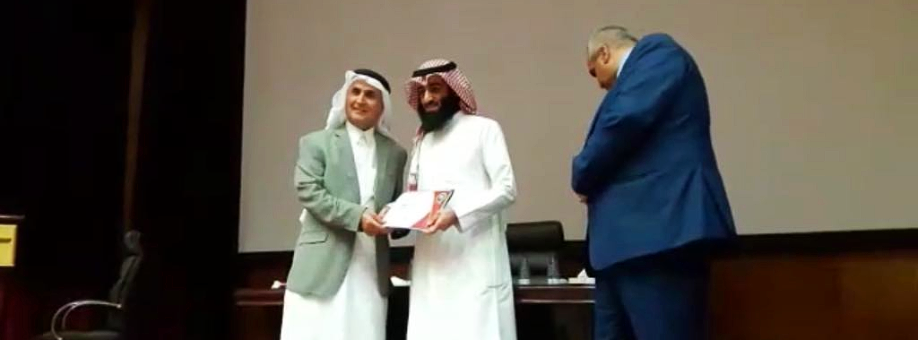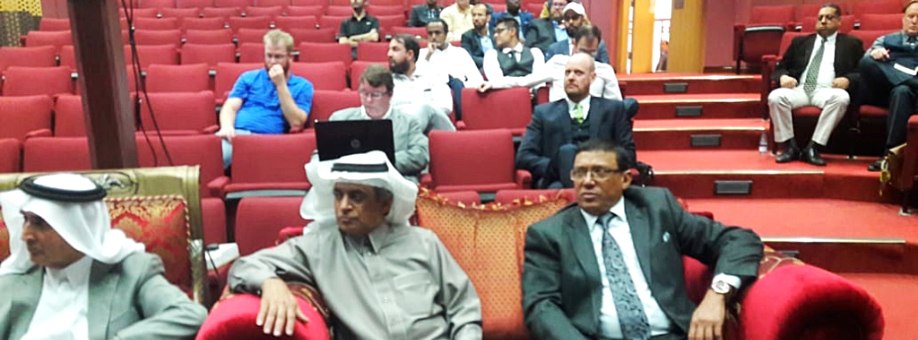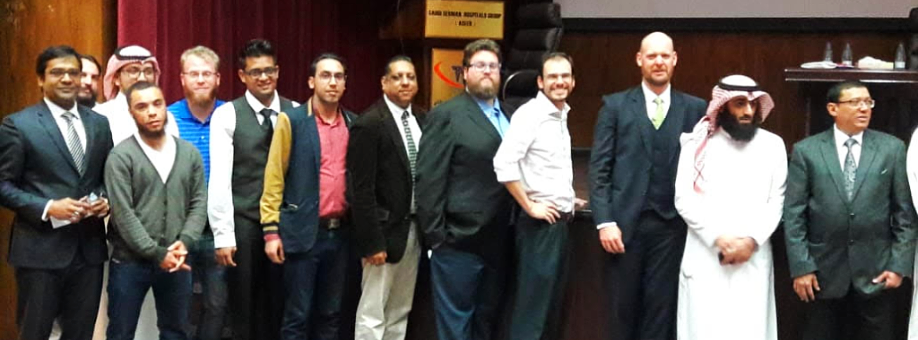Challenges of Online Classes and Strategies to Overcome Them
At a webinar organized by the Language Research Center on March 3, 2021, Dr. Sarwat Un Nisa delivered a presentation titled Challenges of Online Classes and Strategies to Overcome Them. The presentation was based on several research studies conducted on the above issue.
Dr. Sarwat started her presentation by stating that the rapid shift from a face-to-face learning mode to a distance learning mode has given rise to many challenges for ELT instructors around the world. One of the challenges, she states, is handling classroom management issues. It is crucial and important to admit that virtual classroom management strategies are different from face-to-face classroom management.
Dr. Sarwat's presentation was divided into three parts – online pedagogy, challenges faced by students, the strategies instructors can adapt, and the challenges students face and the strategies they can adapt to overcome them.
According to Pelz (2009), she said, learning is more effective when students do most of the work in class. Interactivity is the heart of effective asynchronous learning. While explaining online pedagogy, first, she emphasized using technology as a tool. Creating a successful online learning experience begins with the deliberate application of instructional design principles, she added. Secondly, she emphasized keeping technology as simple as possible. If technology turns hard for the students to understand, the instructors need to spend extra time explaining the technology itself, which affects the actual learning. Thirdly, she spoke about alignment, which is all about the correlation between the course content, tests and learning objectives. Fourthly, she mentioned the ease in course design and navigation. She explained that the course teacher can make it easy for the learners by creating hyperlinks and making regular announcements. The fifth point she covered is the importance of clear expectations and directions for activities and assessments. Students should be clear about which direction they are moving towards. Finally, she emphasized making the instructor’s presence known to students. Regular correspondence between the instructor and students can solve this issue.
Dr. Sarwat, while talking about teacher-student interaction, stated that it is essential to respond quickly to student questions. By doing this regularly, such interaction increases.
Dr. Sarwat also highlighted student-to-content interaction, multimedia principles, multiple interactions with the same content, academic honesty and authenticity of student work, supporting students. She also talked about technical issues and how to solve them. She concluded her presentation by sharing some strategies that learners can adapt to overcome the challenges of online learning.
The webinar was a great success with the active participation of faculty members and graduate students.
Date: 3-4-2021
Source: Mohammad Adil Siddique

